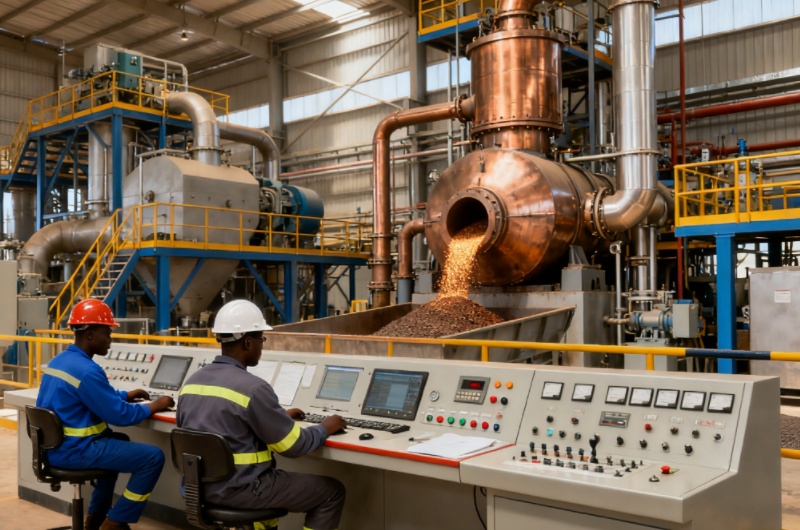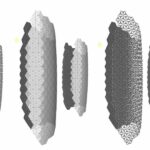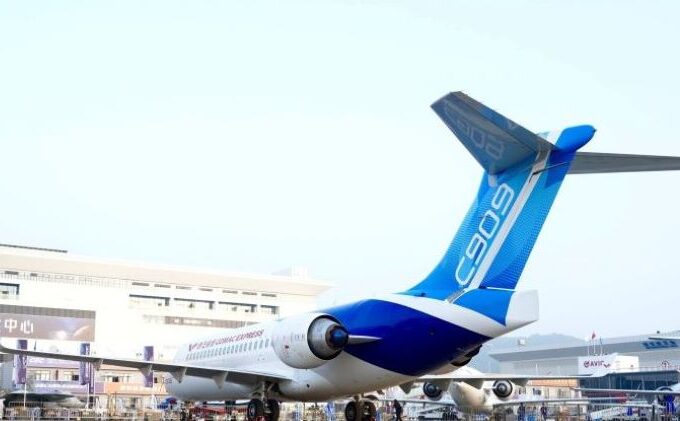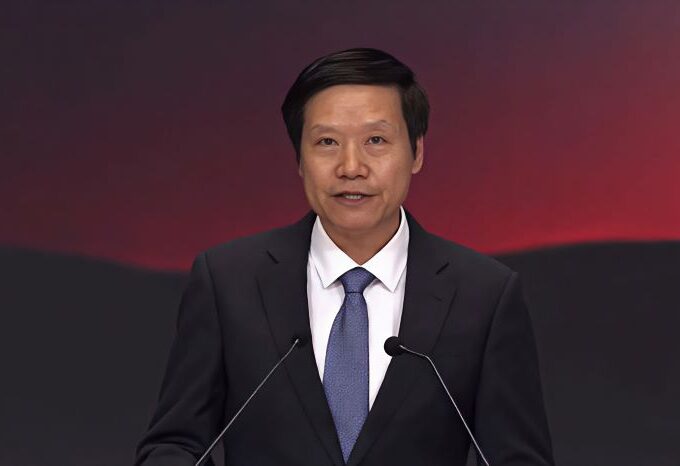The Third Africa Critical Minerals Summit recently convened in Johannesburg, South Africa. Nearly a thousand industry practitioners, policymakers, investors, and researchers gathered to explore the theme “The True Value of Africa’s Critical Minerals,” engaging in discussions on industry policy coordination, regional cooperation, and technological empowerment. This summit aimed to elevate Africa’s position within global critical mineral supply chains, propel African nations’ transition from “raw material exporters” to “regional processing hubs,” and establish a platform for sustainable economic growth and improved livelihoods across the continent.
Africa’s Mineral Potential and Challenges
The African continent holds approximately 30% of the world’s proven reserves of critical minerals, demonstrating significant advantages in strategic minerals such as cobalt, platinum group metals, lithium, and manganese. According to an International Monetary Fund report, sub-Saharan Africa possesses 30% of the world’s critical mineral reserves.
Specifically, the Democratic Republic of the Congo accounts for over 70% of global cobalt production and approximately half of the world’s proven reserves. South Africa, Gabon, and Ghana collectively produce over 60% of the world’s manganese. Zimbabwe, the Democratic Republic of the Congo, and Mali possess substantial untapped lithium deposits.
However, practical challenges such as limited exploration capabilities, weak local processing capacity, and insufficient infrastructure and funding constrain the development of Africa’s critical minerals sector.

Strategic Planning and Regional Cooperation
In response to these challenges, African countries and regional organizations have incorporated the development of critical minerals industries into their top-level planning.
The African Union formally released the African Green Minerals Strategy at the end of 2024, establishing four pillars: mineral development, talent and technical capacity building, local value addition, and mineral governance. In May this year, the South African government introduced its Critical Minerals and Metals Strategy, integrating the critical minerals sector into the national industrialization blueprint. It proposes strengthening collaboration with regional mechanisms such as the Southern African Development Community and the African Continental Free Trade Area. South African President Cyril Ramaphosa stated: “The African continent possesses minerals crucial to the global energy transition and has the potential to become a pivotal hub for this transition, with mining at its core.”
Digital Transformation and China-Africa Cooperation
African nations are actively advancing the digital and automated transformation of their critical mineral industries to enhance exploration efficiency and reduce production costs.South Africa’s Impala Platinum employs digital twin and remote control systems to optimize platinum group metal extraction and transportation; some mining enterprises in the Democratic Republic of the Congo have introduced blockchain technology to achieve transparent management across the entire mineral supply chain; Ghana has launched a digital licensing system to streamline approval processes.
China continues to support the development of local value chains for critical minerals in Africa. The Beijing Action Plan (2025–2027) adopted at the 2024 Beijing Summit of the Forum on China-Africa Cooperation explicitly states support for building local value chains, developing manufacturing, and advancing deep processing of critical minerals in Africa. Chinese enterprises are collaborating with partners in the Democratic Republic of the Congo to build cobalt and copper smelting facilities; the Dingsen Integrated Steel Industrial Park investment in Zimbabwe is helping the country become an exporter of steel products; and Huawei’s smart mining solutions have enhanced production efficiency and safety in Botswana’s mining areas. Claude Kabemba, Executive Director of the Southern African Resource Observatory in South Africa, stated: Through investments in factories and industrial parks, Chinese enterprises are helping African nations establish smelting and refining capabilities for critical minerals, keeping profits and job opportunities within Africa.”
By 2050, mineral extraction is projected to boost sub-Saharan Africa’s GDP by over 12%. If Africa advances its processing systems and industrial chains, it could generate hundreds of billions of dollars in additional economic output annually and create millions of jobs.












